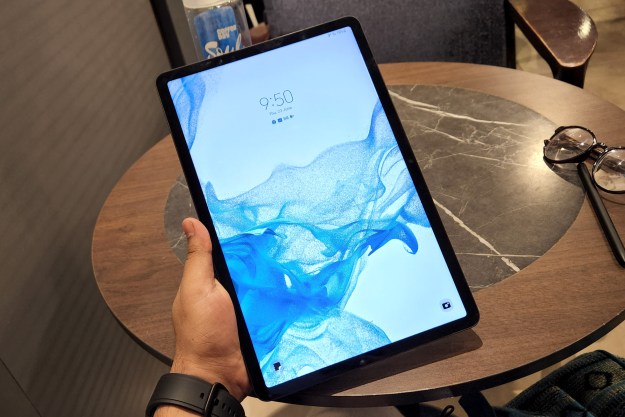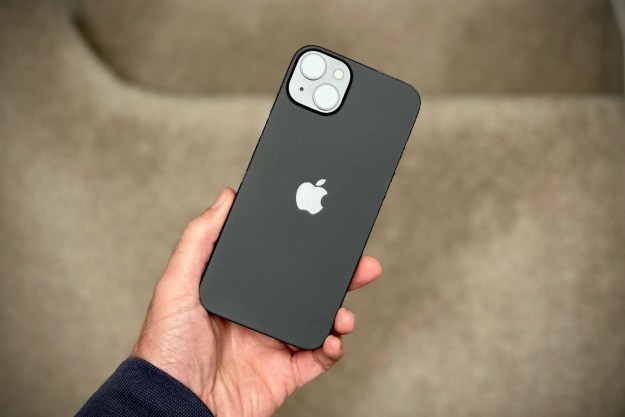
Updated on 12-16-2014 by Andy Boxall: Added in news the injunction has been temporarily lifted.
Temporary reprieve for Xiaomi
On December 8, it’s reported the Delhi High Court has lifted the injunction against Xiaomi. As such, Xiaomi can now sell its smartphones until January 8, providing the devices use Qualcomm chipsets. Xiaomi claims it’s allowed to use Ericsson’s patents by Qualcomm, a fact it says Ericsson covered up to get the injunction.
Although it’s not stated, this suggests Ericsson’s patents are being infringed on by MediaTek-powered Xiaomi phones, such as the Redmi 1S and the 3G Redmi Note. The Snapdragon-powered 4G Redmi Note is due to launch in India soon.
Under the terms of the new order, Xiaomi must give the equivalent of $1.50 per Qualcomm phone sold between now and January 8 to the Delhi High Court. This money may go towards eventual royalty payments. The original ban was set to last until February 5, when Ericsson’s patent case was due to start.
Hugo Barra weighs in
Xiaomi’s vice president of its global business, Hugo Barra, confirmed the original situation through his Facebook page. He wrote: “We have been forced to suspend sales in India until further notice due to an order passed by the Delhi High Court. As a law abiding company, we are investigating the matter carefully and assessing our legal options.”
He apologizes to Xiaomi customers in India, and says the firm is doing everything it can to resolve the situation. According to Barra, it received 150,000 registrations for the Redmi Note smartphone in the two days leading up to the injunction.
Essential patents
The patents in question are apparently covered under FRAND (that’s Fair, Reasonable and Non-Discriminatory) rules, which means they are essential patents, and must be offered to companies for a reasonable fee. Apparently, Xiaomi hasn’t licensed the patents, although maybe only for its MediaTek phones, and Ericsson states its calls to settle the problem have gone unanswered.
In addition to halting the sales, advertising, and importing of Xiaomi devices, the court sent out investigators to Xiaomi’s offices to ensure the orders were followed. Unless the patent dispute is settled, Xiaomi’s ability to do business in India could be severely diminished.
Before Barra’s statement was published, Xiaomi’s head of Indian operations was quoted as saying, “We haven’t received an official notice from the Delhi High Court, our legal team is currently evaluating the situation based on the information we have. India is a very important market for Xiaomi and we will respond promptly.”
Important market
The firm currently sells its Redmi 1S and Redmi Note smartphones through the online retailer Flipkart, and has plans to bring the 4G enhanced version of the Note, plus the Mi 4 flagship phone out next year. Xiaomi’s CEO Lei Jun recently said India is already becoming the company’s second largest market after China.
Controversial court cases won’t help its profile, and any sales disruption could give competitors using the Android One operating system a chance to gain some ground. Samsung is also rumored to make a play for the burgeoning Indian smartphone market with a Tizen-powered device. Ericsson also fought with Indian manufacturer Micromax over a similar patent situation recently, which took several months to resolve.
Previous Updates:
Updated on 12-12-2014 by Andy Boxall: Added in comments from Hugo Barra, VP of Xiaomi Global.
Article originally published on 12-10-2014
Editors' Recommendations
- The Mi Mix Fold is Xiaomi’s first foldable smartphone
- Rumor links Xiaomi to a Galaxy Z Flip-style folding smartphone
- Xiaomi will offer personal loans in India, but it will cost you your privacy



